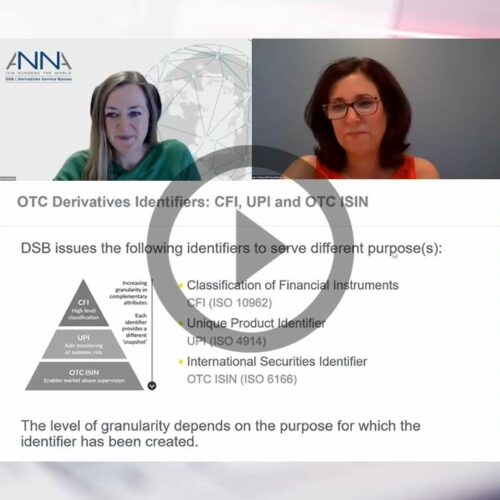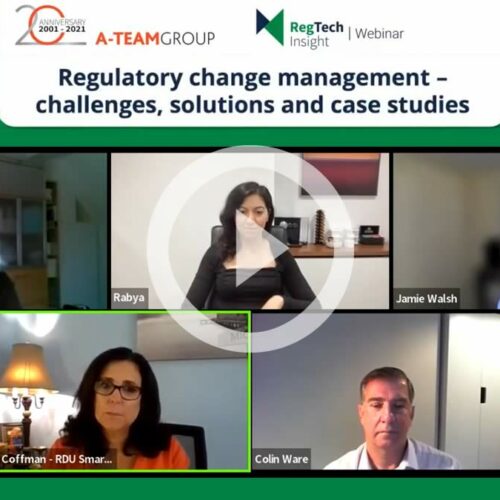With current day regulations requiring the implementation of robust control frameworks, it is critical for firms to have the necessary reporting processes in place and that they are being governed with robust control points.
Managing data is challenging, particularly when it’s being accessed across multiple systems and is being reported on or used to determine reporting obligations. To ensure accurate, complete, and timely reports, it’s important for firms to have a strong data quality component as part of their control frameworks.
Firms that fail to act on data validation today face the risk of imposed fines which could prove costly to fix in the future.
Join us as we discuss:
- What regulators expect from cohesive data quality controls
- The key components of a control framework
- How to identify the data that needs to be included in your validation processes
- Whether firms need to look further than reconciliation
- Managing the demands of a control framework for 3rd party or designated reporting
- The common mistakes to avoid when implementing a control framework
Panellists:
- Linda Coffman, EVP – SmartStream RDU
- Ian Rennie, Co-founder and Managing Director – Kaizen Reporting
- Adrian Dale, Head of Regulation and Market Practice – ISLA
- Christopher Owers, Executive Director – Head of UK Regulatory Transaction Reporting – UBS
- Romualdo Gonzalez, Head of Other Capital Reporting, Regulatory Reporting – Nordea








